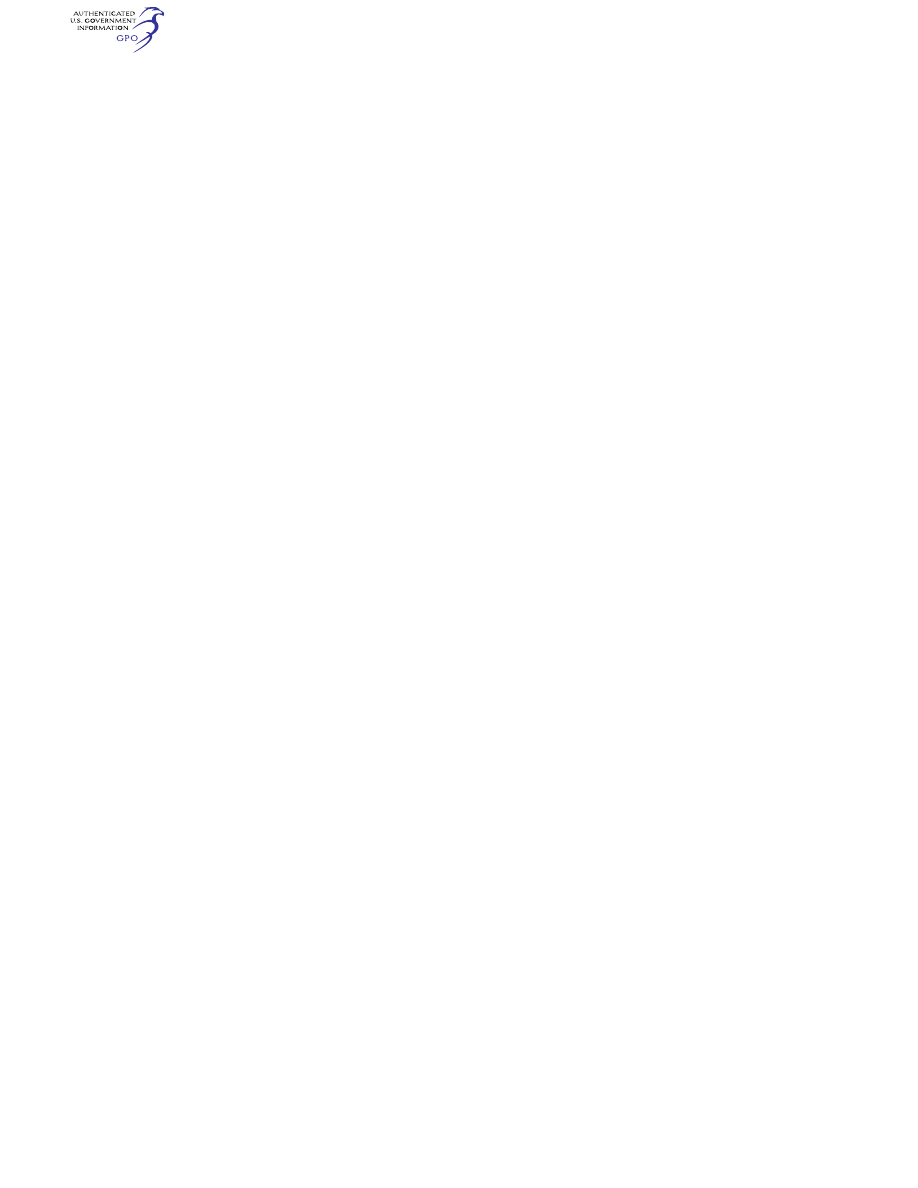
733
Federal Aviation Administration, DOT
§ 91.313
strength greater, but not more than 25
percent greater, than that of the safety
link at the towed glider or unpowered
ultralight vehicle end of the towline
and not greater than twice the max-
imum certificated operating weight of
the glider or unpowered ultralight ve-
hicle;
(4) Before conducting any towing op-
eration within the lateral boundaries
of the surface areas of Class B, Class C,
Class D, or Class E airspace designated
for an airport, or before making each
towing flight within such controlled
airspace if required by ATC, the pilot
in command notifies the control tower.
If a control tower does not exist or is
not in operation, the pilot in command
must notify the FAA flight service sta-
tion serving that controlled airspace
before conducting any towing oper-
ations in that airspace; and
(5) The pilots of the towing aircraft
and the glider or unpowered ultralight
vehicle have agreed upon a general
course of action, including takeoff and
release signals, airspeeds, and emer-
gency procedures for each pilot.
(b) No pilot of a civil aircraft may in-
tentionally release a towline, after re-
lease of a glider or unpowered ultra-
light vehicle, in a manner that endan-
gers the life or property of another.
[Doc. No. 18834, 54 FR 34308, Aug. 18, 1989, as
amended by Amdt. 91–227, 56 FR 65661, Dec.
17, 1991; Amdt. 91–282, 69 FR 44880, July 27,
2004]
§ 91.311
Towing: Other than under
§ 91.309.
No pilot of a civil aircraft may tow
anything with that aircraft (other than
under § 91.309) except in accordance
with the terms of a certificate of waiv-
er issued by the Administrator.
§ 91.313
Restricted category civil air-
craft: Operating limitations.
(a) No person may operate a re-
stricted category civil aircraft—
(1) For other than the special purpose
for which it is certificated; or
(2) In an operation other than one
necessary to accomplish the work ac-
tivity directly associated with that
special purpose.
(b) For the purpose of paragraph (a)
of this section, the following oper-
ations are considered necessary to ac-
complish the work activity directly as-
sociated with a special purpose oper-
ation:
(1) Flights conducted for flight crew-
member training in a special purpose
operation for which the aircraft is cer-
tificated.
(2) Flights conducted to satisfy pro-
ficiency check and recent flight experi-
ence requirements under part 61 of this
chapter provided the flight crew-
member holds the appropriate cat-
egory, class, and type ratings and is
employed by the operator to perform
the appropriate special purpose oper-
ation.
(3) Flights conducted to relocate the
aircraft for delivery, repositioning, or
maintenance.
(c) No person may operate a re-
stricted category civil aircraft car-
rying persons or property for com-
pensation or hire. For the purposes of
this paragraph (c), a special purpose
operation involving the carriage of per-
sons or material necessary to accom-
plish that operation, such as crop dust-
ing, seeding, spraying, and banner tow-
ing (including the carrying of required
persons or material to the location of
that operation), an operation for the
purpose of providing flight crew-
member training in a special purpose
operation, and an operation conducted
under the authority provided in para-
graph (h) of this section are not consid-
ered to be the carriage of persons or
property for compensation or hire.
(d) No person may be carried on a re-
stricted category civil aircraft unless
that person—
(1) Is a flight crewmember;
(2) Is a flight crewmember trainee;
(3) Performs an essential function in
connection with a special purpose oper-
ation for which the aircraft is certifi-
cated;
(4) Is necessary to accomplish the
work activity directly associated with
that special purpose; or
(5) Is necessary to accomplish an op-
eration under paragraph (h) of this sec-
tion.
(e) Except when operating in accord-
ance with the terms and conditions of
VerDate Sep<11>2014
14:00 Mar 14, 2024
Jkt 262047
PO 00000
Frm 00743
Fmt 8010
Sfmt 8010
Q:\14\14V2.TXT
PC31
aworley on LAPBH6H6L3 with DISTILLER
